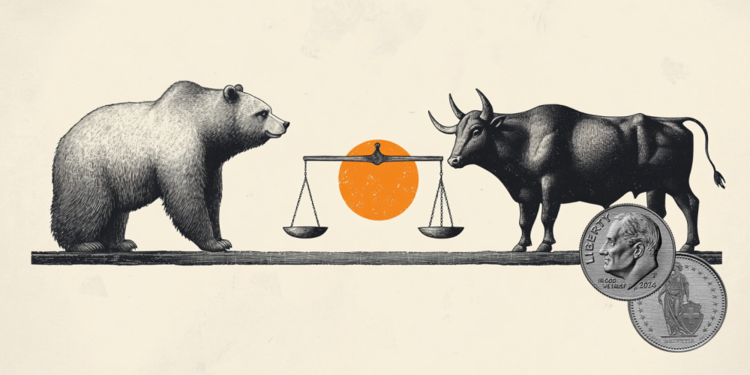After winning the copyright lawsuit for his song Thinking Out LoudEd Sheeran shared the brilliant way in which he proved to the jury that he did not plagiarize Let’s Get It On by Marvin Gay.
Although he says he is happy that it’s all over, the 32-year-old British singer revealed that in these cases he ends up losing any way, as time, money and moments are spent that cannot be recovered.

After facing a long trial to prove that he had not plagiarized his theme Thinking Out Loud of the famous song Let’s Get It On of Marvin Gaye and emerging victorious, Ed Sheeran spoke of this difficult experience in The Howard Stern Show.
I’m so glad it’s over, man. It was eight years of that. This is my livelihood. This is what I have worked for all my life. For someone not to believe it and put it down and just say you stole it, I feel like I really had to take a stand and go (to trial).

Despite the fact that he was the winner, the interpreter of perfect He mentioned that, somehow, he also had to lose, because due to the trial he could not attend the funeral of his grandmother, who was a great woman.
Either way you lose, because you spend God knows how much to win the case and then you don’t get it back. And if you lose the case, you lose, because then there’s a stain on your reputation… (and out) the headline: ‘Ed Sheeran stole this.’

Accompanied by his guitar, Ed gave a demonstration of what he did at trial, as he played different fragments of melodies that carried the same chord sequence for which he was accused of plagiarism, brilliantly winning over the jurors.
There were 101 songs. Yes, it’s a chord sequence you hear in hit songs. But if you say a song in 1974 has this, what about earlier songs? We found songs from the 1700s that had similar melodic things. There were great songs in the 1950s and 1960s. You can’t copyright a chord sequence.
.@Ed Sheeran pulls out his guitar on the #SternShow to demonstrate what he did in court to win his “Thinking Out Loud” copyright lawsuit. pic.twitter.com/ROuc6XRT12
—Stern Show (@sternshow) May 10, 2023
We hope that things go much better for the musician so that he is no longer involved in any more legal issues and has a well-deserved rest from lawsuits and lawyers.
Source: Okchicas
I’m Ava Paul, an experienced news website author with a special focus on the entertainment section. Over the past five years, I have worked in various positions of media and communication at World Stock Market. My experience has given me extensive knowledge in writing, editing, researching and reporting on stories related to the entertainment industry.







